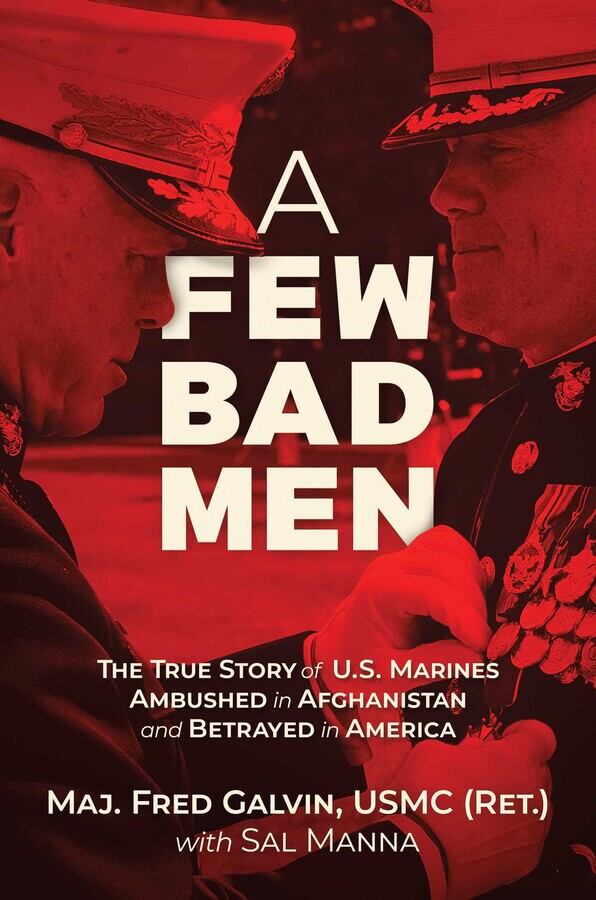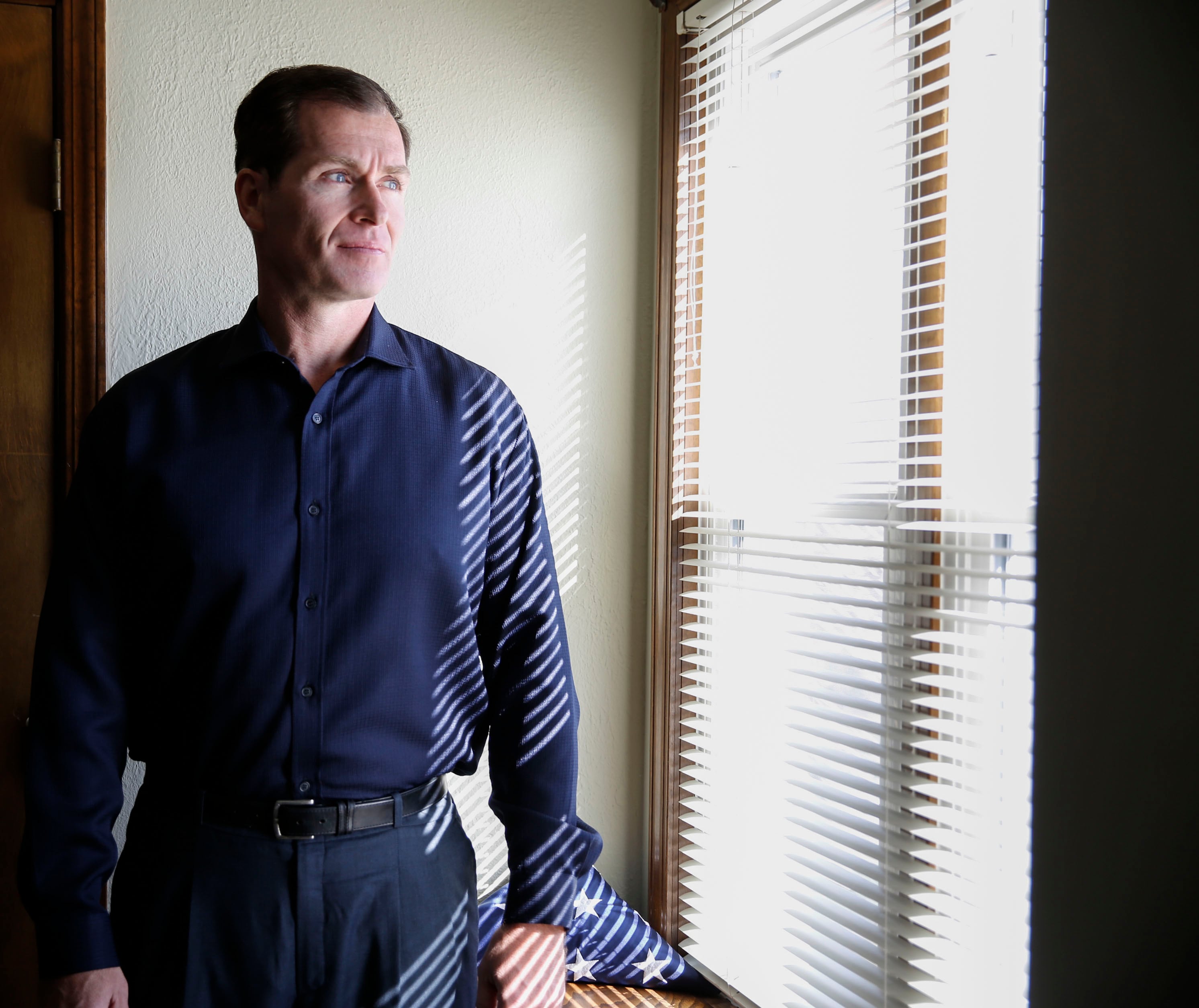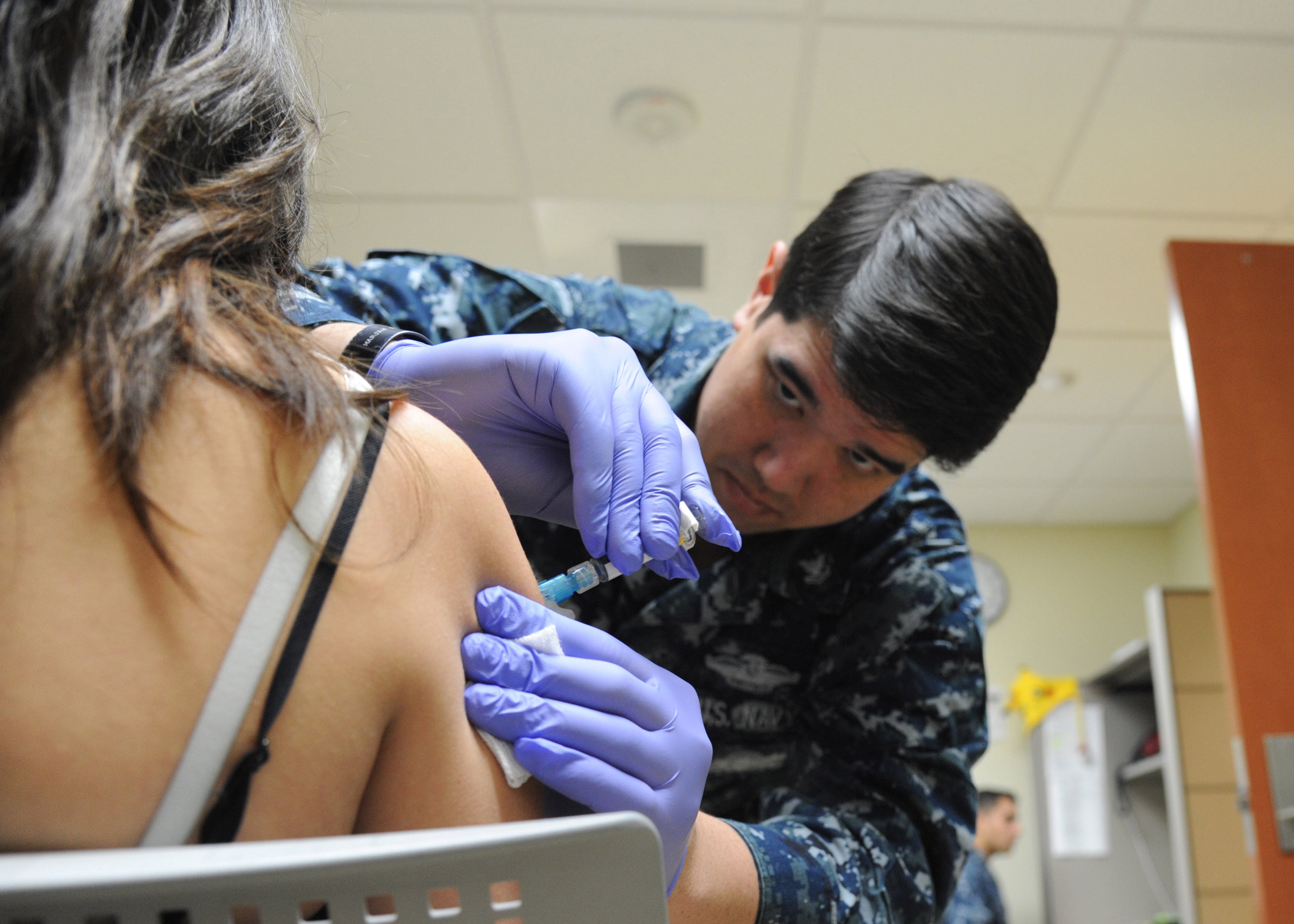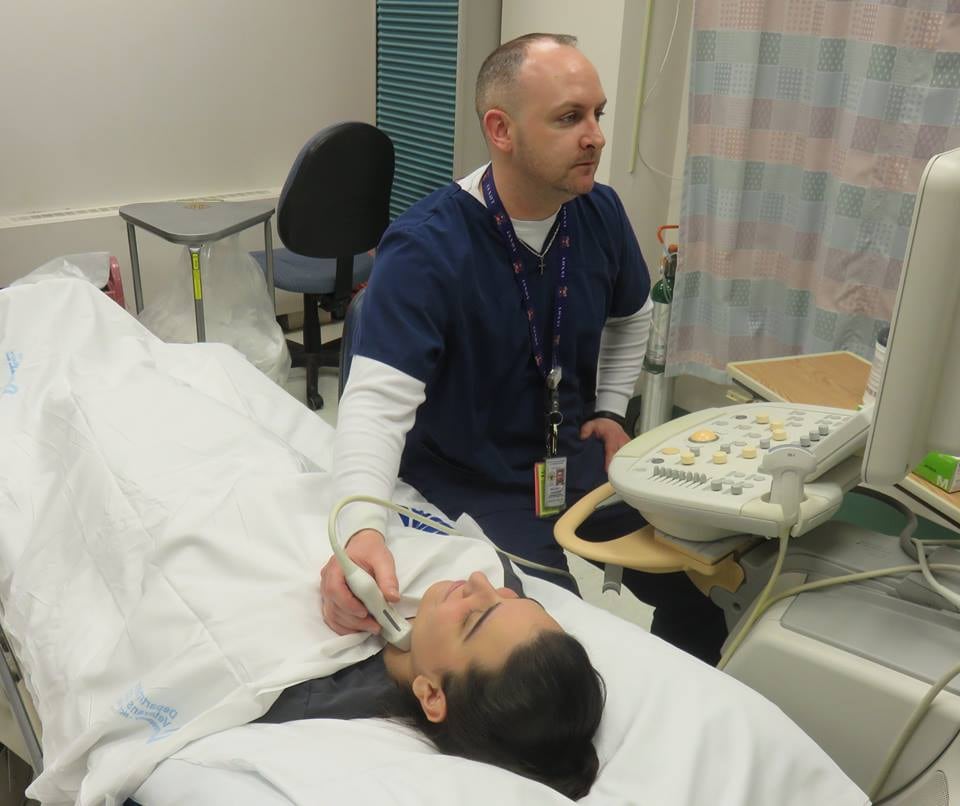Fred Galvin and the Marines he commanded during a fateful ambush during a 2007 deployment in Afghanistan waited years for their side of what happened that day to be fully explained.
It wasn’t until nearly a decade later, in 2015, when a series of Marine Corps Times articles gave voice to Galvin and his Marines that what they experienced that day made it to the public. The retired Marine major, an amphibious reconnaissance veteran and one of the first re-established Marine Raiders wanted more.
Since the original incident 15 years ago, Galvin has fought to clear the names of the men of Marine Special Operations Company Foxtrot and see that they are recognized appropriately for their service and sacrifice.
The Marines defended themselves during an ambush on that deployment that resulted in bogus claims the company killed more than two dozen innocent bystanders during the attack. Those claims were taken as true in the initial hours and days following the attack that resulted in a media storm of coverage and higher-echelon leaders to publicly side with Afghan accounts of the incident even before an investigation into the events had concluded.
A year after the incident a 2008 Court of Inquiry decision found that Galvin and his team had operated within the confines of the Law of Armed Conflict. But it wasn’t until 2019 that Galvin was cleared of any wrongdoing by a Navy records board.
To that end, Galvin teamed up with author Sal Manna to write and publish a book both about the experience that led up to that ambush and the tragic fallout and scapegoating that plagued Galvin and his Marines since.
Galvin spoke with Marine Corps Times about his efforts, his 2022 book “A Few Bad Men” and more.
*Editor’s note: This author Q&A has been edited for length and clarity.
Q: For readers who are unfamiliar, could you recount some of the 2007 ambush that led to the subsequent coverage, events and actions by military leadership against you and your Marines?
A: It was the first village on the corner of Afghanistan and Pakistan. The Taliban had a training sanctuary in Pakistan. So, what do you think that town was used for? It was a logistics node where people come to link up with their handlers and then distribute to Kandahar, Kabul, and everywhere else. We were in that village. We were attacked by a car bomb. A sports utility vehicle with three passengers firing AK-47s, hanging out the window and shooting at our second vehicle, which was the only vehicle not fully enclosed with armor, was our ambulance. It was attacked and we knew that they knew what they were doing. They were unsuccessful. We repelled the attack as we were trained to counter an attack. We reported it. That was nine o’clock in the morning, broad daylight. By the time we got back, the Taliban had this disinformation ready. There were beginning to be disputed reports of high civilian casualty events, a drone strike that hit a wedding party. They were very successful they were able to get a Marine Special Operations Task Force kicked out of Afghanistan first by feeding that disinformation to the BBC and then to the New York Times.

Q: A lot of inaccurate information swirls around combat events. What happened that made this different in the aftermath?
A: We expected the Taliban to attack us, we expected this reporting to come out, but we didn’t think it would go that quickly and that they were that sophisticated. Looking back on it you can say, well, that’s reasonable. They influenced village leaders to make false statements. One of the witnesses was a known terrorist. But immediately the Marines started getting threatened. A young sergeant who was driving the vehicle that was hit was told by officials that his parents back home would be deported if he didn’t cooperate. We expect all that from the Taliban. What you don’t expect is a Marine convening authority, a three-star general, then Lt. Gen. James Mattis to do what happened.
Q: You’ve talked before and now in the book about the trial you went through, more than three weeks at Camp Lejeune, North Carolina. What about that event illustrates some of what you and your Marines faced?
A: We expect information warfare, this distortion of truth from our enemy, the Taliban. We are not lawfully allowed to use this against the American people. This is what happened continually. Even coverage of the trial was controlled. Media representatives were ushered out of the trial constantly and taken to another location whenever the proceedings were closed for what was considered classified or sensitive information. Some of those sessions were from high-ranking officers who, at that time, had not yet deployed to Afghanistan and were testifying as character witnesses on my behalf. This is what happened continually.
Q: What do you hope Marines now serving might gain from reading your book?
A: I would say a couple of things. One is, don’t compromise our core values. In the end, compromising those is not worth it. Also, if you’re a senior leader, there is a need to be very cautious about how military justice is handled. I would say to the parents of today’s and tomorrow’s military service members that military justice has been compromised. And that’s something for you to be aware of and to take action on.
Todd South has written about crime, courts, government and the military for multiple publications since 2004 and was named a 2014 Pulitzer finalist for a co-written project on witness intimidation. Todd is a Marine veteran of the Iraq War.





